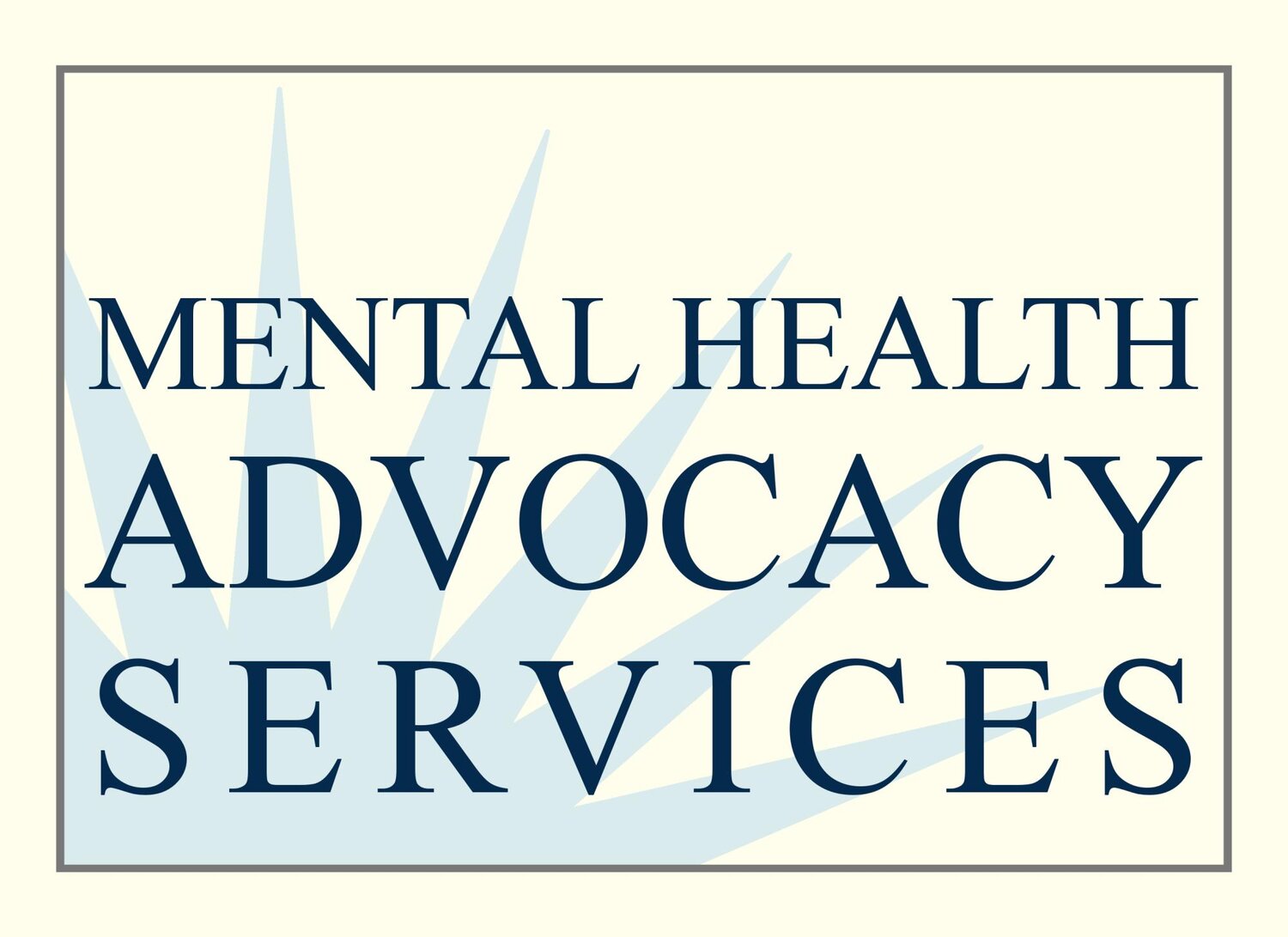Learning that the Practice of Law is More than Casebooks, by April Hua
Guest post by April Hua, law student at Harvard Law School, who participated in MHAS’ summer internship program. Student interns’ activities include conducting client intake interviews, drafting SSI appeal briefs, assisting veterans to resolve warrant and ticket issues, and doing research and advocacy in special education and fair housing.After a brief training session on the first day, nine other law clerks and I were handed a stack of intake sheets and told to start calling clients. With no real experience in mental health law or speaking to clients before, I was left wondering how anyone could trust me, a freshly minted 1L, to do so. After fumbling over my words on that call (and on all my calls the following week), I began to see an entirely different side of the law – real legal practice. Working at MHAS gave me an up close and personal taste of two previous unknowns. The first, mentioned above, is what it’s like to be a practicing attorney. Coming from the world of brick and ivy illuminated by the dim glow of a desk lamp, I came to realize that practical knowledge isn’t learned between the pages of a casebook – it’s learned by doing. The legal questions I asked were in turn given back to me as research projects. The intake sheets I worked off of were the same ones the staff attorneys use. The assignments I was given helped clients remain in their homes or secure government benefits. Of course, what I learned in school helped to contextualize everything, but what I found most important was the critical thinking, diligence, and interpersonal skills I learned in the office.
Working at MHAS gave me an up close and personal taste of two previous unknowns. The first, mentioned above, is what it’s like to be a practicing attorney. Coming from the world of brick and ivy illuminated by the dim glow of a desk lamp, I came to realize that practical knowledge isn’t learned between the pages of a casebook – it’s learned by doing. The legal questions I asked were in turn given back to me as research projects. The intake sheets I worked off of were the same ones the staff attorneys use. The assignments I was given helped clients remain in their homes or secure government benefits. Of course, what I learned in school helped to contextualize everything, but what I found most important was the critical thinking, diligence, and interpersonal skills I learned in the office. The second thing I was confronted with was the harsh reality that many individuals face. For many of our clients, we were the only resource through which they had access to legal services. They often had little or no income and were the victims of unfortunate circumstances, with no concrete knowledge about what their rights were. Seeking justice for these individuals was a huge factor motivating my work at MHAS, and I found it eye-opening to witness the problems that arise when mental health disability intersects with government bureaucracy.I now have a newfound dedication to pro bono work and am thankful for the valuable experiences MHAS has given me. I hope to take all that I learned, as a student and citizen, with me as I begin my career as a young lawyer.
The second thing I was confronted with was the harsh reality that many individuals face. For many of our clients, we were the only resource through which they had access to legal services. They often had little or no income and were the victims of unfortunate circumstances, with no concrete knowledge about what their rights were. Seeking justice for these individuals was a huge factor motivating my work at MHAS, and I found it eye-opening to witness the problems that arise when mental health disability intersects with government bureaucracy.I now have a newfound dedication to pro bono work and am thankful for the valuable experiences MHAS has given me. I hope to take all that I learned, as a student and citizen, with me as I begin my career as a young lawyer.
